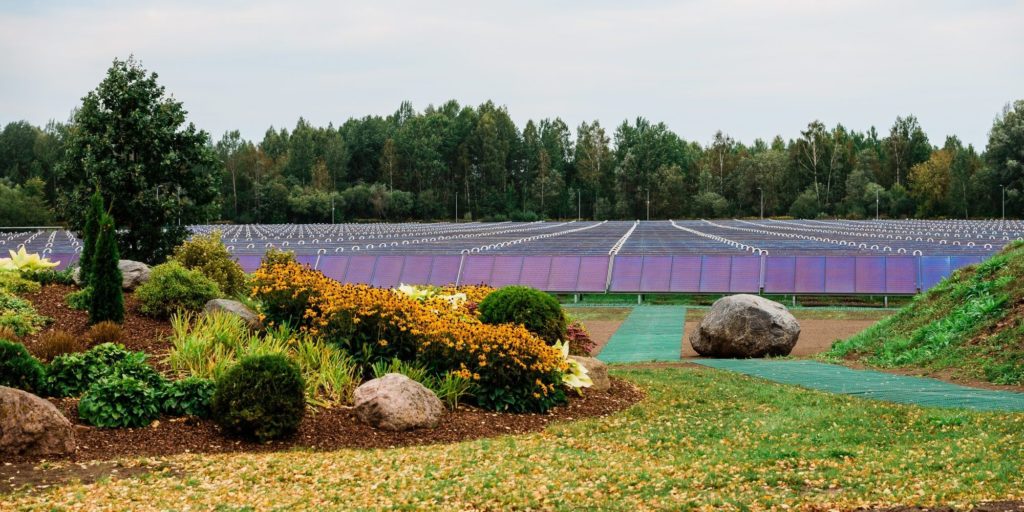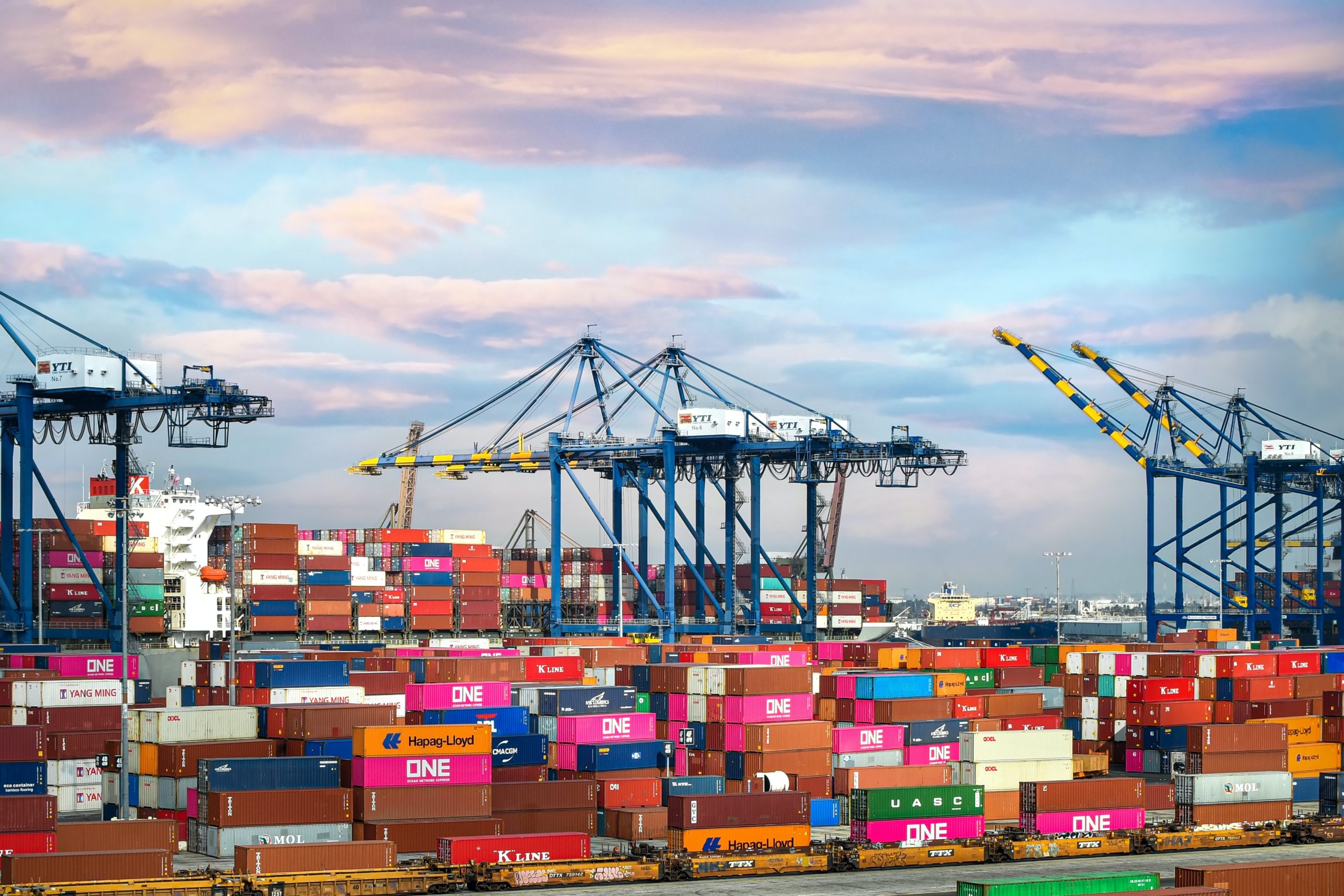Latvia has always made an effort to cut power use and save electricity. Overseas firms interested in establishing electricity, gas, heating, and air conditioning services or firm in Latvia are drawn by the country’s economic security, its business-friendly culture, and the variety of enterprises available for them. There are, nevertheless, some enterprises that require special permits or licenses.

Obtaining the license in Latvia
The Department of Finance of the Republic of Latvia, Leading Specialist of the Energy Policy Administration Division, issues the license for the electricity, gas heating, and air-conditioning industry. The duration of such Special permits in Latvia ranges from one to five years. There are also special licenses that can be issued for a limited time. Based on the operation, licensing fees might vary from a few euros to a few thousand euros.
Conditions to obtain an electricity license in Latvia
The following are the main requirements for the firms that want to operate in such fields:
- A firm must act under the country’s corporate laws and regulations,
- In the market, parties must carry out mutual trades in line with binding contracts,
- Except in the instances specified in the Energy and heat Market Act, suppliers, traders, and consumers will establish the cost of electricity, gas and air conditioning, and heat through mutual consent,
- A licensed producer can complete a trade.
Requirements
- The dealer must incorporate the company in the Latvian commercial register,
- The technical equipment needed to provide the services must be present,
- A statement from the State Revenue Service confirming the applicant’s status as a taxpayer and the satisfaction of budget obligations,
- A summary of the applicant’s previous year’s activity as well as plans.
Fees
The cost of obtaining a license from the state is 143 EUR. Every year, a fee of 0.2 percent of the previous year’s net turnover is levied.
Types of licenses
There are a lot of permits that you may need if you want to start providing electricity, gas, heating, or air conditioning services. The following are some of them:
Licenses or certification for the providing of electricity distribution facilities
The Latvian Public Utilities Commission issued this license. The license authorizes the company to provide electricity services to the general public. To receive this license, the regulatory conditions must be met, and the payments must be paid along with the license acquisition request.
An authorization or licensing for the provision of thermal facilities
This license allows the holder to install, service, and repair heating appliances in residential and commercial settings. If a company has this license, it indicates it can provide heating services to the general public. To qualify for this form of license, you must have sufficient financial resources and extensive knowledge and skill in the field of work. There must also be a certain amount of capital investment. The Latvian Public Utilities Commission also issues this license.
Licenses or authorizations for the provision of natural gas supply facilities
In a commercial energy state, companies that offer natural gas supply facilities are normally required to get a license before executing supply services. State public utility commissioners are usually in charge of regulating natural gas suppliers. Suppliers who also function as natural gas agents or aggregators will almost certainly need to obtain a second state-issued license.
Authorizations for the performance of category A, B, and C polluting activities
In Latvia, emitting operations are categorized as A, B, or C. Whereas Category A polluting activities are large-scale activities with significant contaminating conduct and stronger pollution control, Type B polluting activities are smaller in scale and have slightly lower carbon emission limits. Because the projected environmental impact is little or insignificant, modest power firms are a polluting activity in the C category for whom obtaining a permit is quite simple.
Greenhouse gas emissions license
A Greenhouse Gas Releases Permit the owner to carry out certain operations that result in carbon dioxide pollution at the defined output locations. It also outlines the tracking and reporting requirements that must be met when such pollutants are present.







